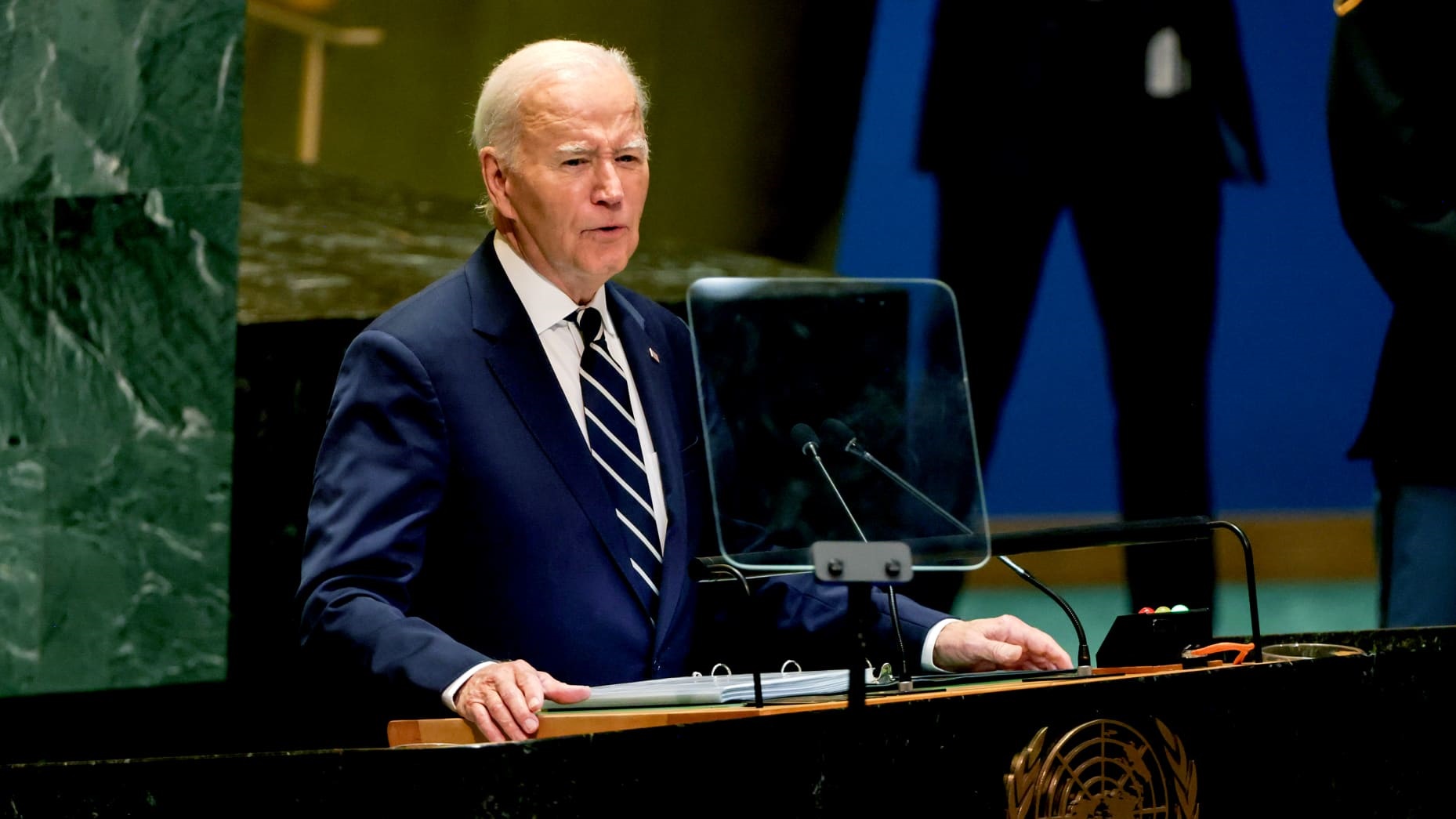Staff Reporter
In a speech to the United Nations General Assembly today, U.S. President Joe Biden outlined a vision for global cooperation, emphasizing unity in addressing critical issues like climate change, human rights, and geopolitical tensions.
However, political commentators were quick to criticize the address, suggesting that Biden’s approach reflects a Cold War-era mindset, ill-suited to today’s complex international dynamics.
Biden's remarks, particularly those concerning Russia and China, drew sharp analysis from experts who argued that his rhetoric failed to capture the nuances of a multipolar world.
Political analyst Mike Ndlovu noted, “Biden continues to frame Russia as the Soviet Union and China as its successor,” adding that Biden's stance echoed Cold War thinking, which "fails to recognize the multipolarity of the modern world."
According to Ndlovu, Biden’s condemnation of Russia’s actions in Ukraine and warnings about China's expanding influence risked exacerbating global tensions rather than fostering the dialogue needed for constructive international diplomacy.
Another prominent commentator, Miriam Majoni, highlighted contradictions in Biden's call for United Nations Security Council reform.
"Expanding the Security Council without adding veto members undermines the idea of true reform," Majoni explained.
She noted that while Biden advocated for a more inclusive and representative Security Council, the U.S. remains reluctant to support additional permanent members with veto authority, signalling a desire to maintain its own dominance within the UN framework.
Biden’s emphasis on American leadership in international forums was also met with scepticism.
Global affairs expert, Hussein Kassim pointed out that the U.S. has often been isolated in key UN votes, particularly on issues related to the Middle East.
“It’s ironic for Biden to speak about global unity while the U.S. remains a minority in votes concerning Palestine and Lebanon,” Kassim observed.
He questioned the credibility of Biden’s call for multilateralism when American policies frequently clash with the broader consensus at the UN.
Kassim added a scathing critique, stating that Biden was the "least qualified" to preach about global peace, as the U.S. has been an instigator of many political turbulences across the world.
“From Iraq to Afghanistan and numerous covert operations, the U.S. has consistently fuelled instability under the guise of promoting democracy,” Kassim remarked.
while Biden’s speech aimed to inspire unity and international collaboration, the backlash from political commentators highlights the challenges the U.S. faces in rebuilding credibility on the global stage.




